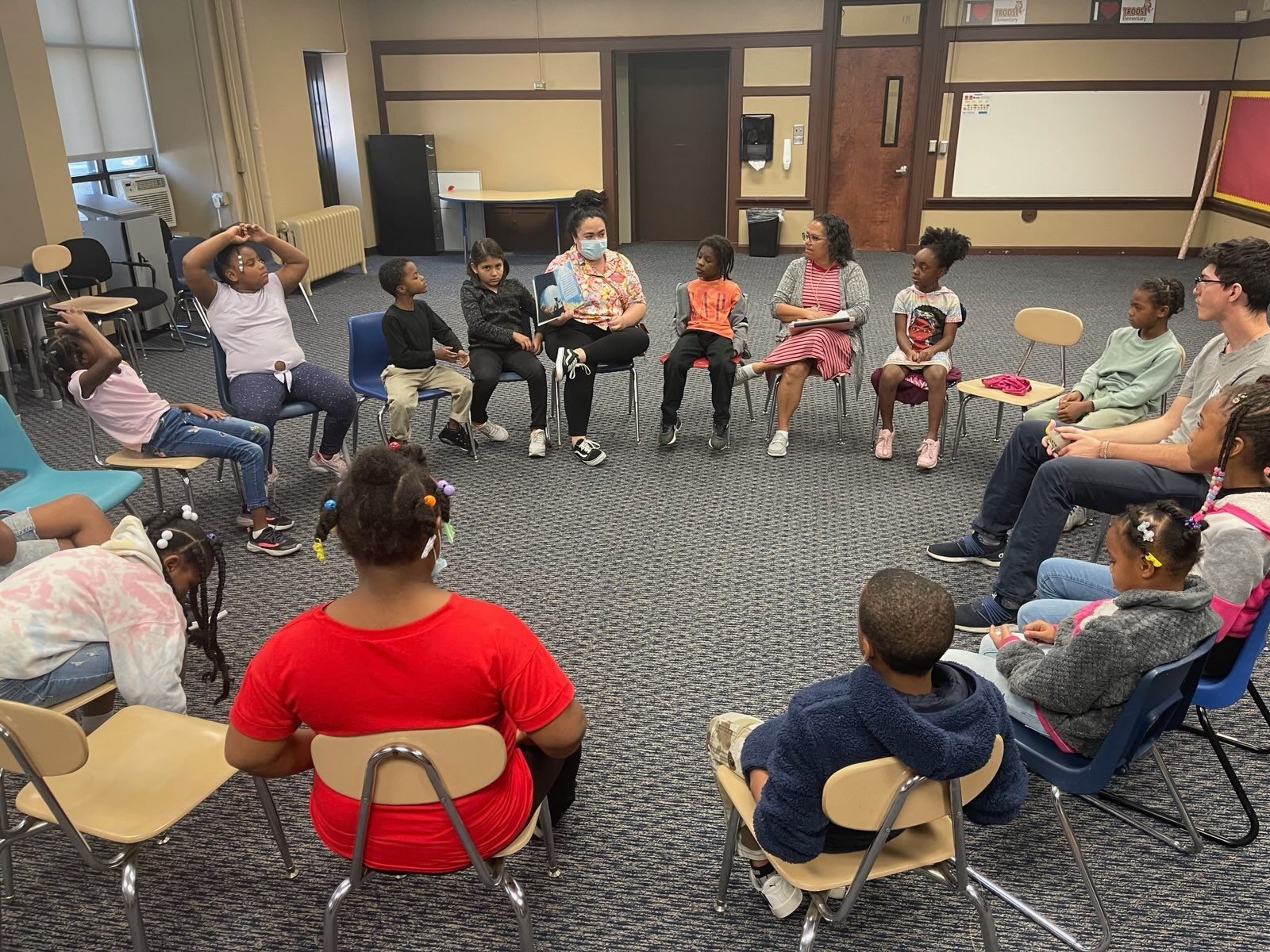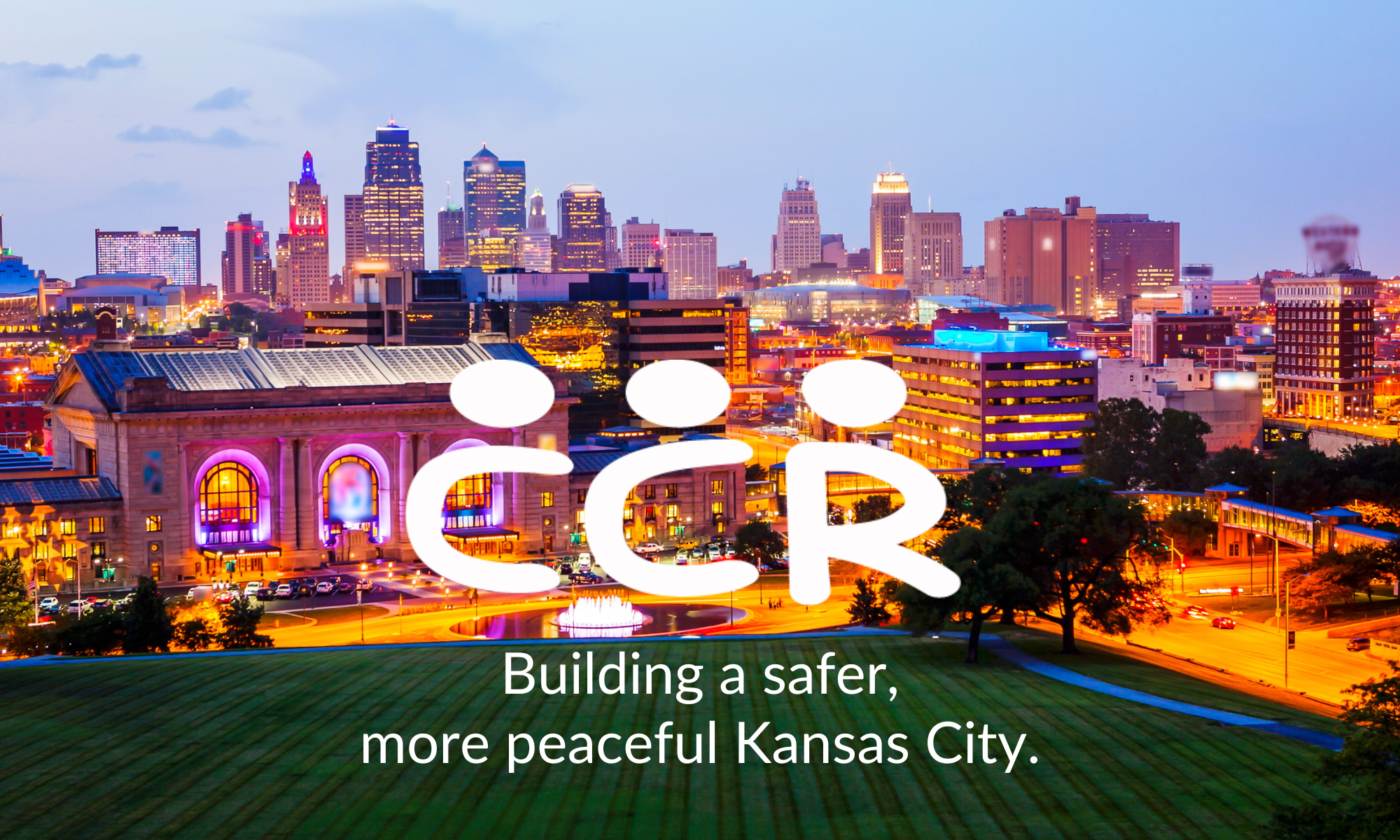Mission
Transforming individual and community conflict from harm to healing, upholding human dignity through restorative processes.
Vision
Communities live by restorative practices.
Restorative processes in the community assist members to find peaceful, co-created solutions to conflict. Participants work to repair relationships to make things as right as possible, by offering opportunities for participants to transform their perspective of the conflict through listening and curiosity.
Restorative practices in schools replace zero tolerance and other punitive policies with practices that offer opportunities to work together whenever and wherever possible. Those who have been harmed and those who have caused harm collaboratively resolve issues. Any agreed upon consequences are not intended to punish or cause further harm to any individual, but rather to heal.
Restorative practices in the criminal legal system bring together those who have been harmed and those who have caused harm to find fair and equitable outcomes whenever possible. Rather than promoting win/lose outcomes that cause division, restorative justice promotes healing and focuses on win/win collaborative outcomes.
Method
Prevent
CCR works with children and youth to teach skills that prevent normal conflict from becoming verbally or physically violent. Collaboration becomes the new normal.
Educate
Interactive and experiential training provides a forum for introspection, inquiry into long-held ideas and connection with others who are grappling with similar issues.
Restore
The human brain is wired to connect. When those connections are disrupted by unresolved conflict, a neutral, all-partial third party can help.
All processes used at CCR are based on the principles of restorative justice, which state that people are capable of solving problems in their lives when they are supported by respectful processes that encourage responsibility and collaboration.
Motive
CCR envisions a city where effective, respectful communications bring about peaceful relationships and create an environment where citizens are safe and able to lead satisfying and productive lives, a city
where all schools include conflict resolution training for children, youth and staff as a part of the required curriculum,
where every Kansas City municipality boasts neighborhood accountability boards, where trained and committed members create communities of support for victims and offenders,
where every family has access to conflict resolution processes and education to enhance peaceful co-existence,
where an area-wide program supports all ex-offenders through conflict resolution training and referrals to services,
where retaliation is NOT the first response to violence,
a city that serves as a model throughout our nation in violence prevention and conflict resolution.





